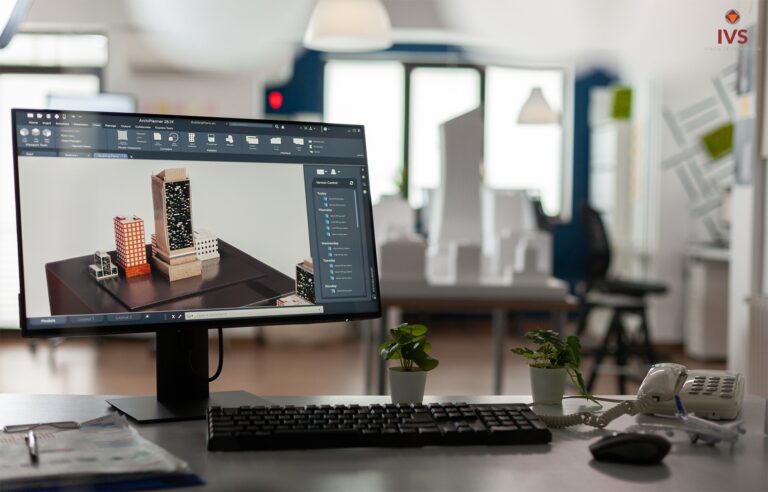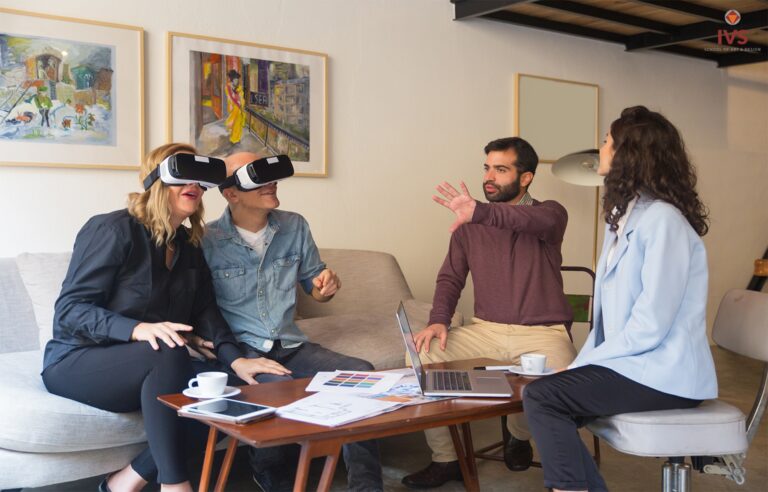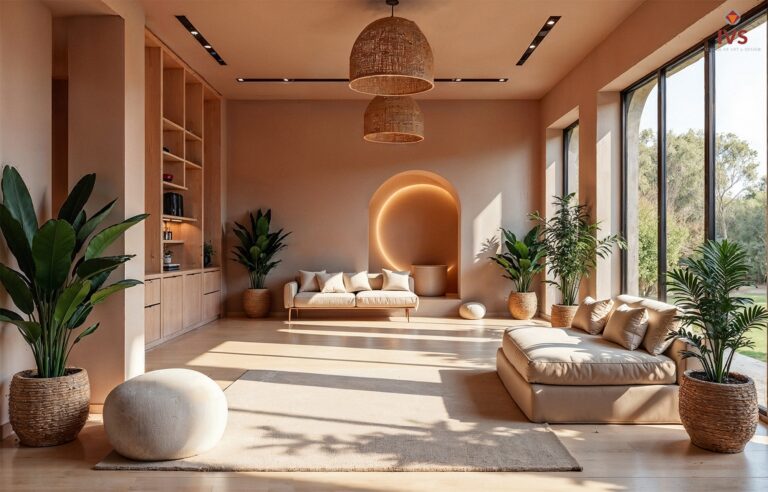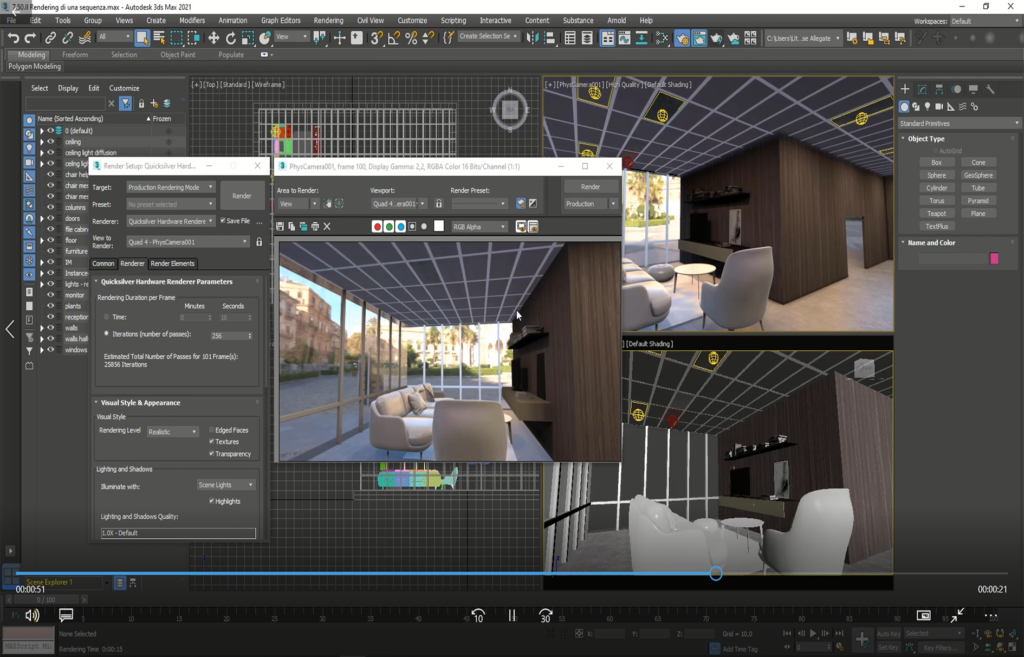AI in Interior Architecture: How Intelligent Software is Transforming Design
Interior architecture is undergoing an amazing makeover, thanks to the use of AI in Interior Architecture. Historically, interior design and architecture involved hundreds of hours of hand-planning, drafting, and material procurement. Now, AI-based software is transforming the design process, accelerating it, making it more personalized, and data-driven.
One of the most important ways AI in Interior Architecture impacts change is through intelligent design software. Tools such as Autodesk Revit, Space Designer 3D, and Planner 5D use AI to create layouts and design ideas automatically. These applications can instantly generate floor plans based on certain inputs like room sizes, functional requirements, or even style preferences. Designers can now test several design options within minutes, leaving time for more creative decision-making.

Visualization too has advanced a notch higher thanks to AI in Interior Architecture. Blended with virtual reality (VR) and augmented reality (AR), AI makes it possible to have interactive 3D walkthroughs of spaces yet to be constructed. This not only aids clients in seeing the final product, but also enables designers to make changes in real-time regarding lighting, texture, furniture placement, and material. Remote working becomes hassle-free, and decisions get made quicker and more confidently.

AI in Interior Architecture also plays an important part in personalization. Through the observation of user activity, lifestyle choices, and even social media data, AI tools can personalize design solutions to suit specific requirements. Whether it’s the selection of the perfect color scheme to uplift mood or designing a kitchen layout according to cooking tendencies, AI simplifies the creation of spaces that respond to the lives of the inhabitants.
Sustainability is also an area where AI in Interior Architecture is making a difference. Designers can use intelligent algorithms to model energy consumption, natural lighting, and ventilation, assisting in the creation of sustainable spaces. AI can suggest sustainable materials and energy-efficient alternatives depending on budget requirements, assisting architects in complying with green building regulations without compromising on design.
Additionally, AI in Interior Architecture simplifies project management. It is capable of automating material procurement, cost planning, and scheduling, thus minimizing the risk of human error and maximizing efficiency. AI software also maintains compliance with building standards by automatically verifying designs against regional building codes, thus avoiding costly errors and delays in construction.

Yet, there’s also challenge associated with adopting AI in Interior Architecture Design. There is worry over creative thinking being diminished by automation. AI can do designs, yes, but they can never outshine the intelligent, people-attuned processes of a professional designer. Using individual data as the inspiration behind design is also ethically debatable concerning consent and privacy.
In short, AI in Interior Architecture isn’t coming for Interior Architecture Design—it’s coming to augment them. By automating routine work, creating insights from data, and facilitating better, quicker decisions, AI makes designers better at creativity, innovation, and connecting with people. And as technology keeps moving forward, so will interior architecture. The future will be an alliance between man and machine—a place where intelligent design meets smart tools.
This blog is brought to you by IVS School of Art and Design, one of the premier institutions in India offering specialized programs in Interior Architecture & Design. At IVS School Of Art & Design , we believe in blending creativity with innovation and staying ahead of technological trends like AI in Interior Architecture. Our curriculum prepares students for the future of design, where intelligent tools empower human creativity.

